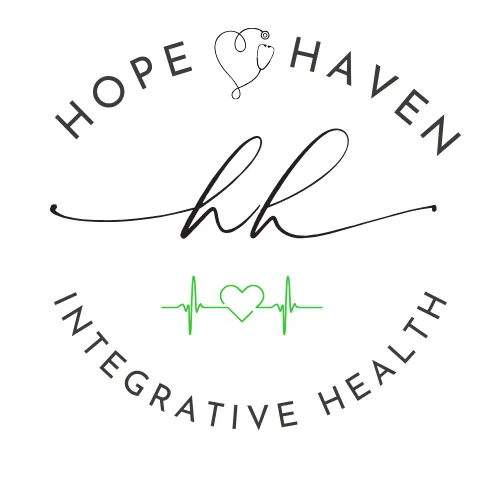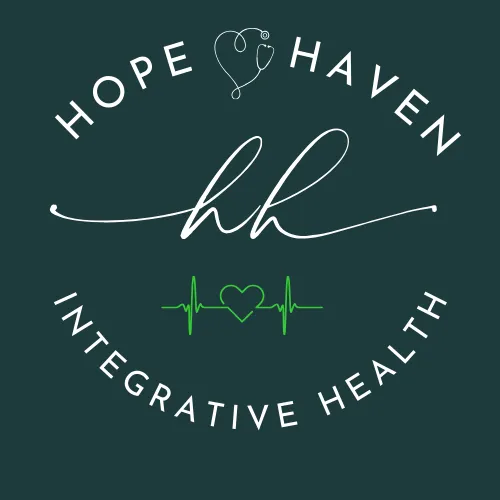It's TIME to
be SEEN
and HEARD
Primary Care built around you, not a diagnosis - integrative, evidence-informed care that brings clarity, confidence, and calm to your next steps.
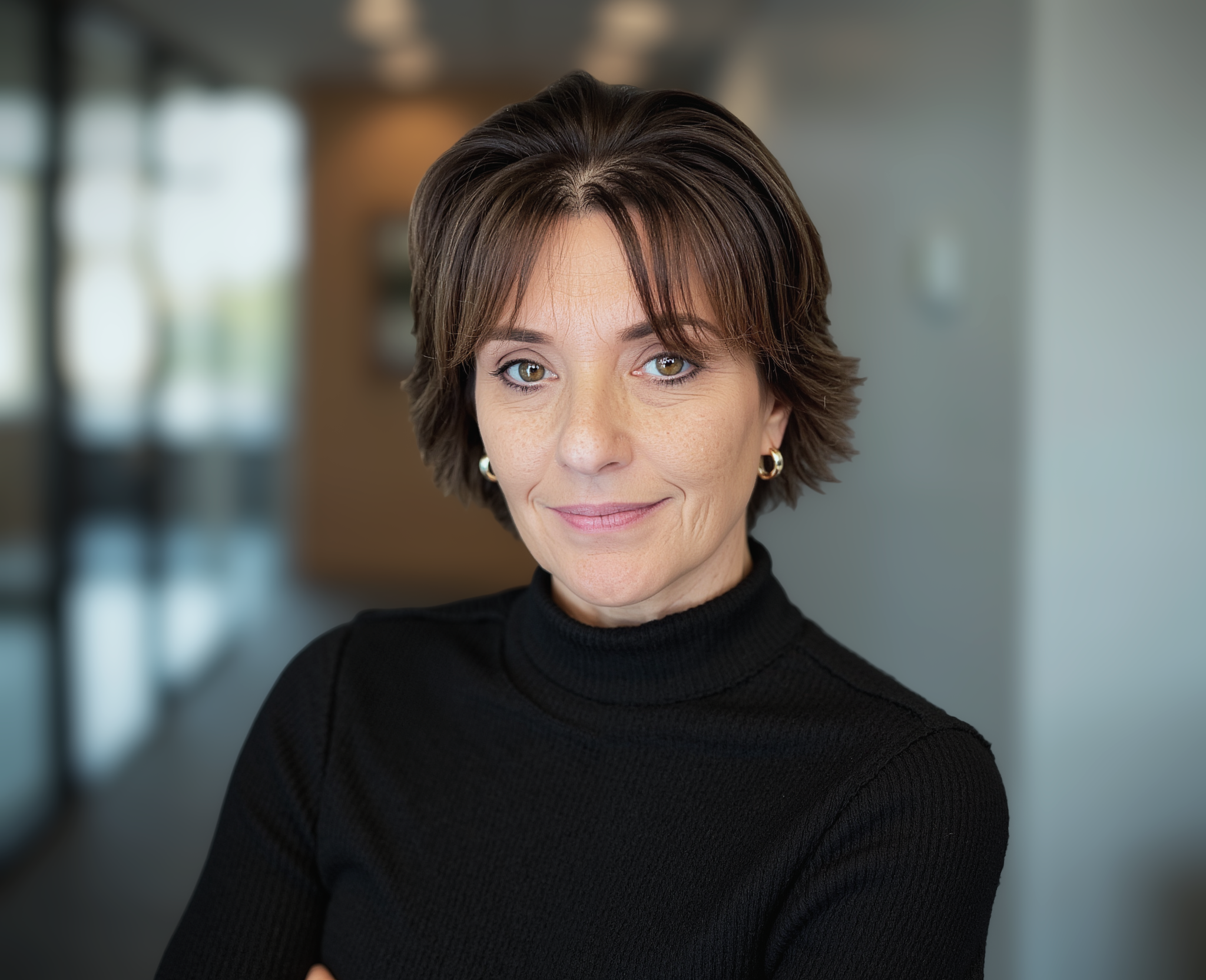
Dr. Sonia Drouin, ND
ABOUT HOPE HAVEN HEALTH
Treating the Whole Family Naturally for Vibrant Health
Hope Haven Integrative Health is a primary care and functional medicine clinic serving families across Vermont and beyond. Founded by Dr. Sonia Drouin, ND, our mission is to restore hope for those who feel unheard or dismissed by the healthcare system. Here, your story matters — we take time to listen, answer your questions, and uncover the why behind your symptoms.
We offer comprehensive primary care, women’s health and bio-identical hormone therapy, pediatrics, acupuncture, integrative oncology, medical weight loss (including GLP-1 medications), and same-day sick visits for established patients. Labs and immunizations are available on-site for your convenience. We are now accepting a limited number of new patients- adults and children.
6+
YEARS EXPERIENCE
1000+
HAPPY CLIENTS
100%
PERSONALIZED CARE
12+
DIFFERENT SERVICES
Our Personalized Services

Whole Family
Primary Care
Comprehensive, relationship-based primary care for adults and children, focused on prevention, continuity, and whole-person health.

Support
Same Day Sick Visits
Timely same-day visits for acute illness, infections, and urgent concerns—so you can get answers and care when you need them most without waiting hours.

Compassionate
Medical Weight Loss
Medically guided weight loss that addresses metabolism, hormones, and lifestyle—including GLP-1 medications when appropriate.

Menopause
Women's Health
Personalized support for women’s health across the lifespan, including menopause care and bioidentical hormone therapy. Routine gynecologic exams performed with care, respect, and attention to your comfort and long-term health.
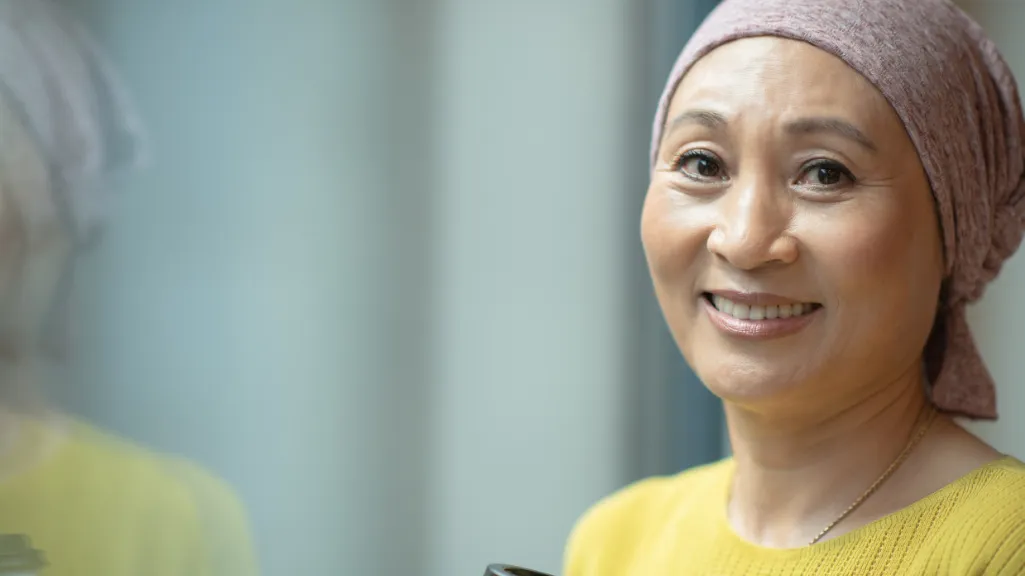
Healing
Integrative Oncology
Evidence-informed integrative support for individuals with cancer, designed to complement conventional treatment and improve quality of life.

Relief
Chronic Illness
Thoughtful evaluation and management of chronic, complex conditions—including environmental and mold-related illness.

Traditional Medicine
Acupuncture
Gentle, evidence-based acupuncture to support pain relief, stress regulation, and overall wellbeing.

Hope
Autoimmune Diseases
Root-cause focused support for autoimmune conditions such as Hashimoto’s, Graves’ disease, and rheumatoid arthritis.

Health Pillars
Gut Health
Targeted evaluation and treatment for digestive conditions including SIBO, GERD, IBS, and celiac disease.

Pediatrics
WellnessVisits
Comprehensive pediatric care with vaccine options, including modified schedules, tailored to each child and family.
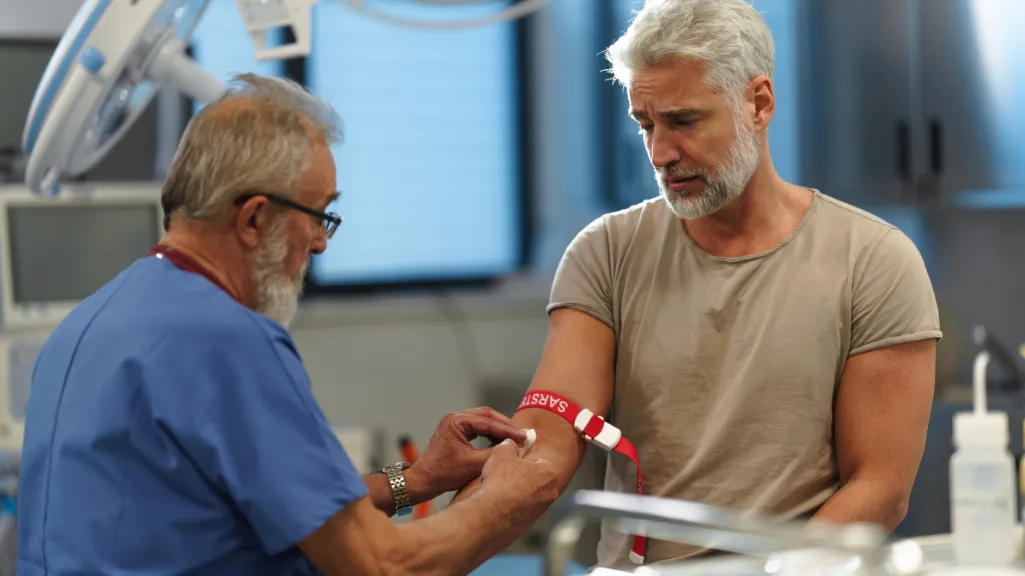
Convenience
Blood Draws On-Site
Convenient in-office blood draws to simplify testing and reduce the need for outside lab visits.

Real Answers
Specialty Testing
Advanced functional and specialty testing to uncover underlying imbalances and guide personalized care..

Weight loss and Metabolic Reset
If you’ve tried dieting, exercising, or “starting over” more times than you can count—and the weight still won’t come off—this is your moment to pause and look deeper. Weight loss isn’t just about willpower. It’s about understanding what’s driving your body. This quick quiz helps us understand your health history, lifestyle, and readiness for change so we can identify where you may be getting stuck and determine how we can best support you moving forward.
Currently Accepting the Following Insurances


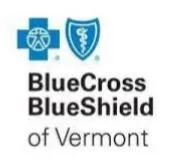


Next Level Health
InBody 580
Now featuring the InBody 580 for a fast, medical-grade analysis of muscle, fat, bone, and cellular health—without discomfort. Understand your body on a deeper level and make confident decisions. Ideal for weight loss, fitness, cancer care, and overall wellness. Reaching your goals just got easier.

Meet the Hope Haven Team
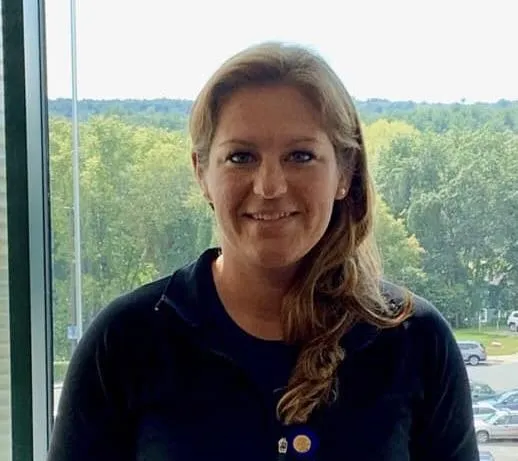
Mary Perry, RN
Mary is a registered nurse with over 10 years of experience who is known for her thoughtful, attentive approach to patient care. She helps patients feel informed, supported, and at ease throughout their visits.
Registered Nurse

Kimberlee Simons
Kimberlee is a compassionate Registered Nurse with experience in acute care, cardiac support, and direct patient coordination. She brings strong clinical skills in phlebotomy, IV placement, wound care, and patient assessment, while maintaining a calm and reassuring presence. Her commitment to patient-centered care and teamwork strengthens the clinical foundation of Hope Haven.
Registered Nurse
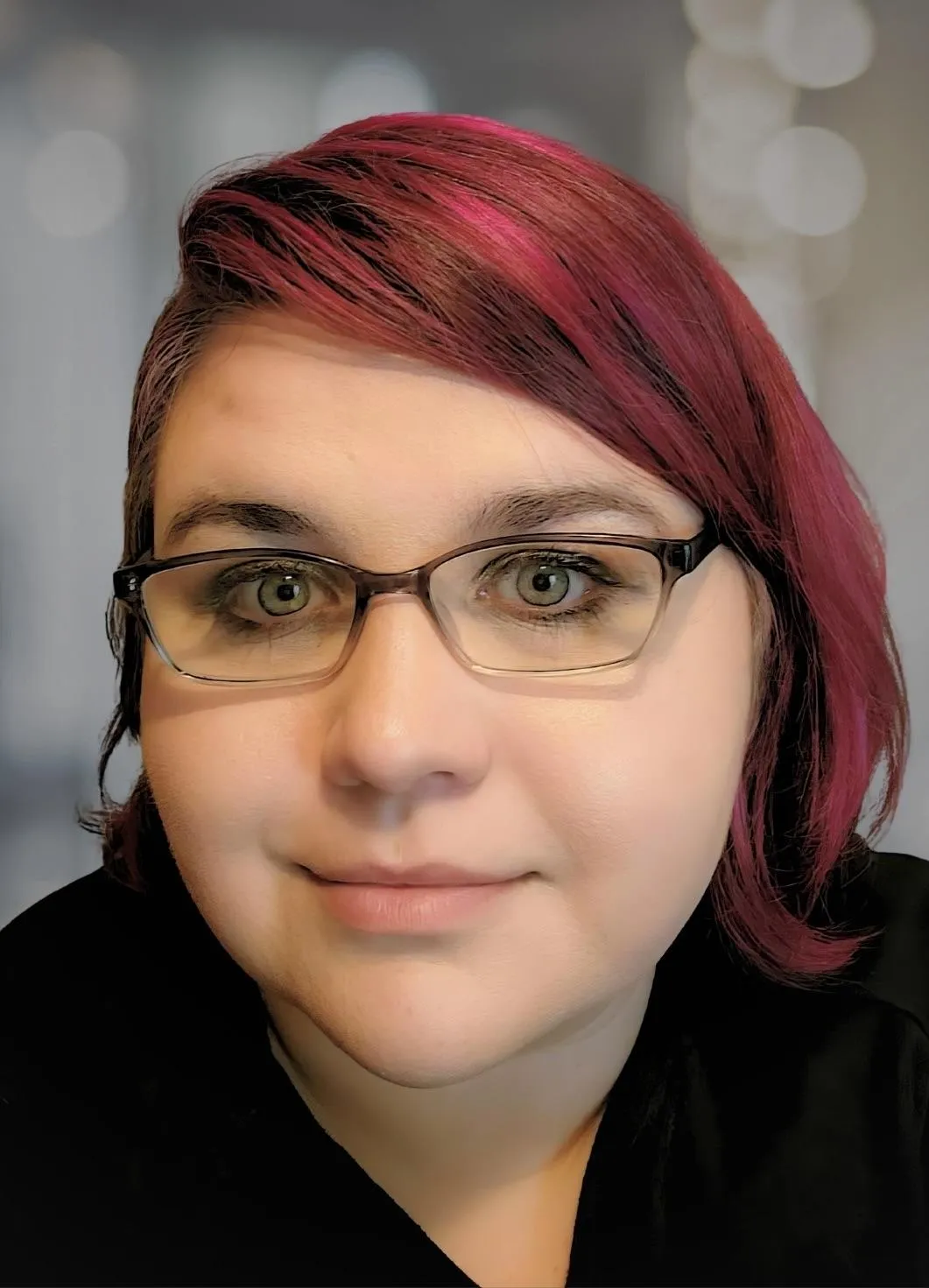
Miranda Morey
Miranda is a team strategist and life coach trainee who brings clarity, organization, and forward momentum to the practice. She is known for her bright perspective and ability to turn ideas into action, helping both the team and clients move goals forward efficiently.
Team Strategist, Life Coach Trainee
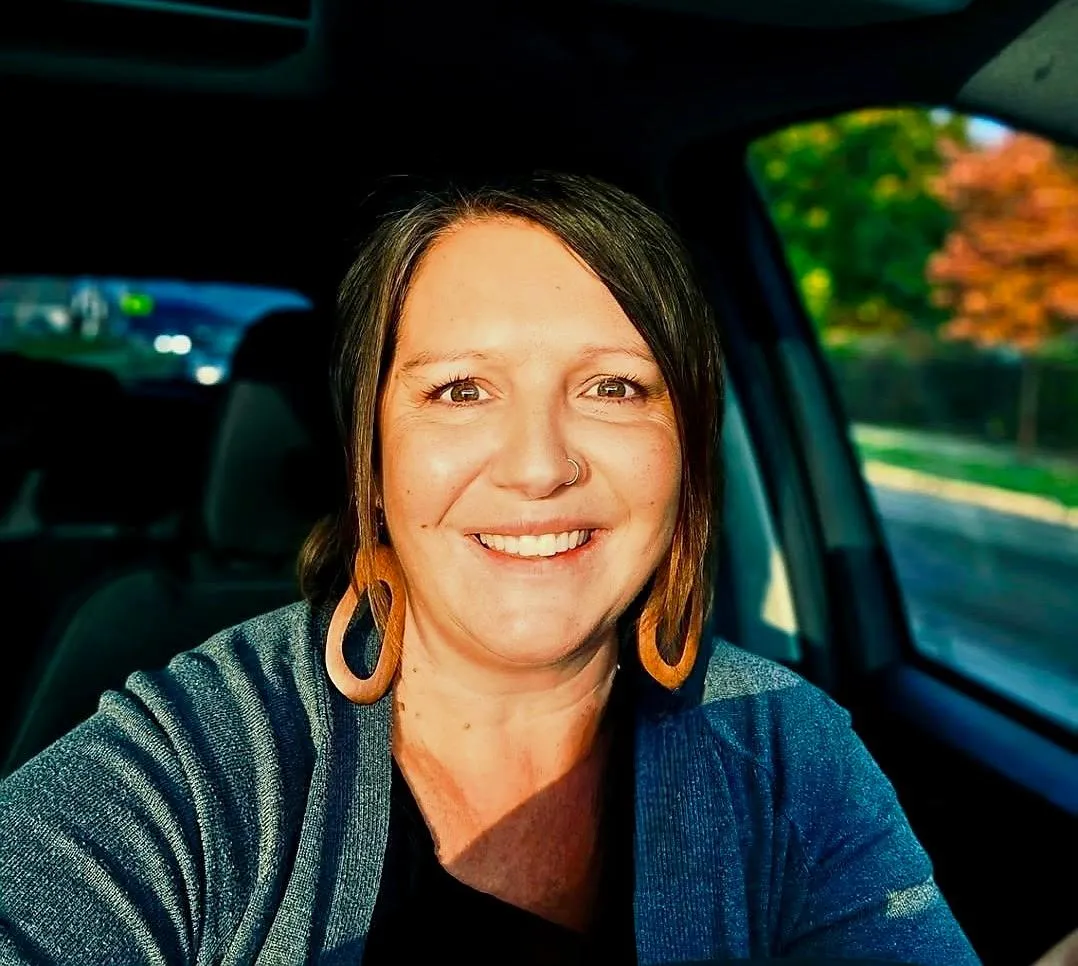
Dorcas Plemmons
With a background in community advocacy and healthcare support, Dorcas is passionate about helping families feel respected and supported. As a certified birth doula, she brings a nurturing and compassionate presence to our team. She is gifted in identifying patient needs, coordinating care details, and ensuring our front office runs smoothly. Her strong work ethic and collaborative spirit make her a valued part of the Hope Haven team.
Patient Care Coordinator | Certified Birth Doula
Professional Memberships & Affiliations
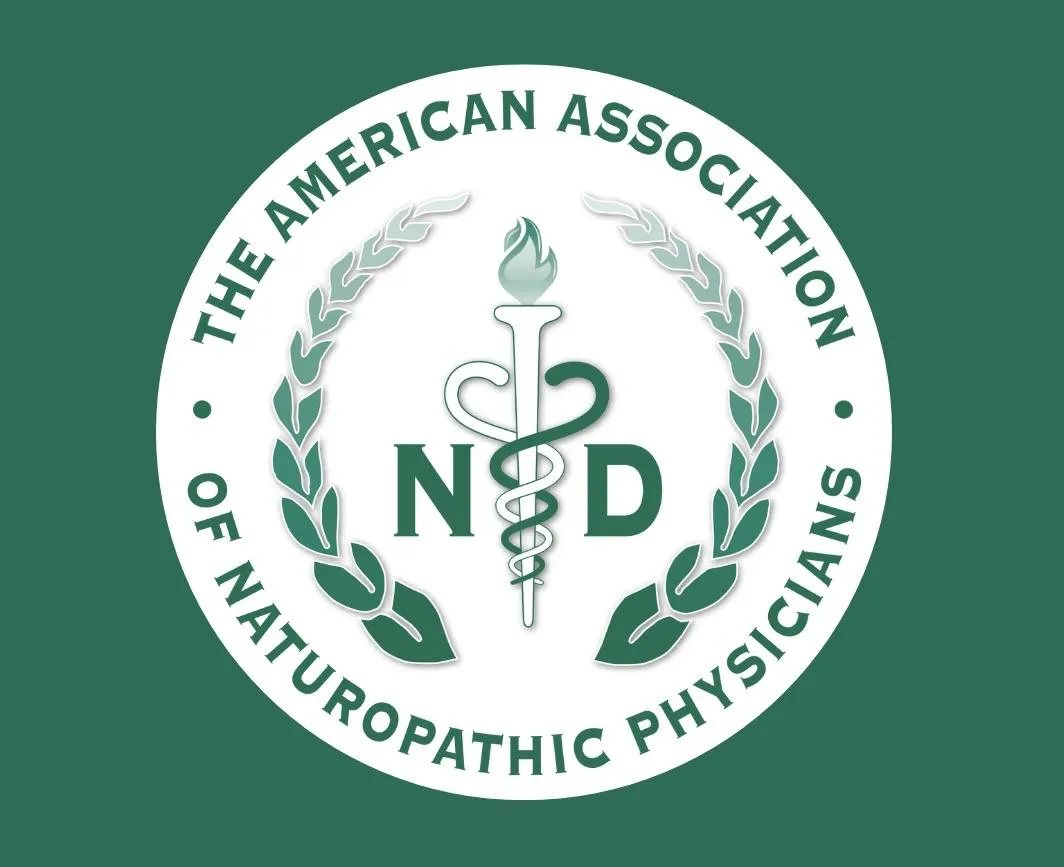




TESTIMONIALS
What our patients are saying
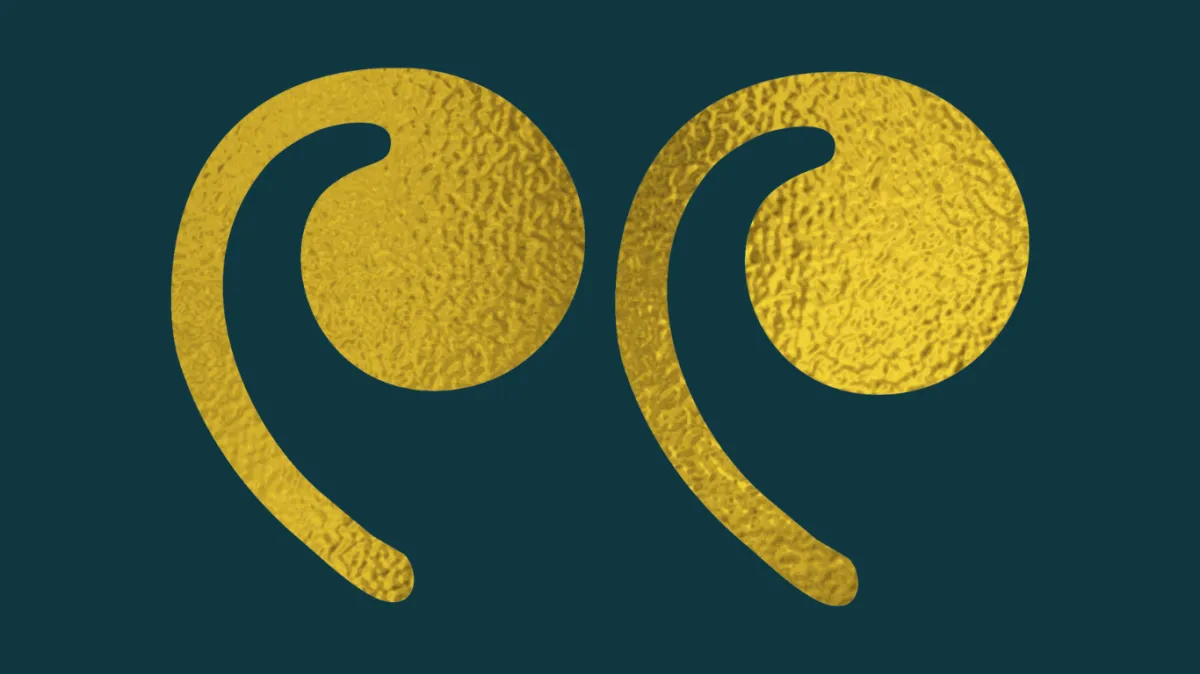
"Life-Changing Experience"
"Best experience with a doctor I have had. The length of time spent on really getting to know about you is 8x that of my primary!
I worked with Dr. Sonia on different minor health issues and all seem to be resolved.
I see her on an on going basis for preventative healthcare ( which to me at 68 is very important) and I will continue to see her until……death due us part!"
- Andrea Simone-Austin.


"Amazing!"
"Dr. Sonia is amazing. She helps our entire family. Her knowledge of both western and holistic medicine is very comforting in today's healing. My children are so comfortable with her and look forward to their visits as do we. She's getting our entire family on a healther track. Such a blessing! Quick to respond through patient portal and really looks to find the root instead of masking a problem."
- Kylie Santos.


"Highly recommend this clinic"
“I was so impressed with the amount of time Dr. Drouin spent with me...I have never experienced that before with a clinician. Her knowledge, patience, and thorough dive into my health history was remarkable. It's very clear that my well being is her priority...not how many appointments she can for me. I'm so grateful to have found Dr. Drouin and Hope Haven!!.”
- Jennifer Hoffman.


"A Truly Caring Team"
"Dr. Sonia is a gem. She’s my favorite doc I’ve ever had, and I’ve lived in five different states and I have seen many doctors. She will actually believe you when you say something isn’t right, breaking through the layers to get at the root of the problem. I haven’t felt this good in years!.”
- Missy Clapp.

Nourishing Recipes to Support Whole-Person Health
Food as medicine doesn’t have to be complicated. These recipes are designed to nourish your body and fit into real life.

Twice-Baked Chicken-Stuffed Sweet Potatoes
A hearty, nourishing sweet potato recipe filled with chicken and whole-food ingredients to support balanced, satisfying meals. ...more
Recipes
January 01, 2026•1 min read

Zucchini Noodles with Cauliflower Alfredo
A creamy, dairy-free zucchini noodle recipe made with cauliflower alfredo to support metabolic and whole-person health. ...more
Recipes
January 01, 2026•1 min read

Smoked Salmon Quinoa Breakfast Bowl
A nourishing quinoa breakfast bowl with smoked salmon, healthy fats, and whole-food ingredients to support balanced energy. ...more
Recipes
January 01, 2026•1 min read

Sesame Chickpea Mason Jar Salad
A vibrant mason jar salad with sesame chickpeas and crisp vegetables, perfect for a wholesome meal or meal prep. ...more
Recipes
January 01, 2026•1 min read

Turmeric Beef Stuffed Squash
A savory turmeric beef-stuffed acorn squash with anti-inflammatory spices and nutrient-rich whole foods for balanced meals. ...more
Recipes
January 01, 2026•2 min read

Pear Arugula Salad with Chicken
A refreshing pear arugula salad with chicken and tangy dressing, perfect for nourishing lunches and whole-food meals. ...more
Recipes
January 01, 2026•1 min read
Seeking Holistic Primary Care? Come Experience the Difference
"From Monday to Friday, 8 am - 5pm, our team is here to provide personalized treatment and steady support to help you optimize your health and reach your wellness goals."
